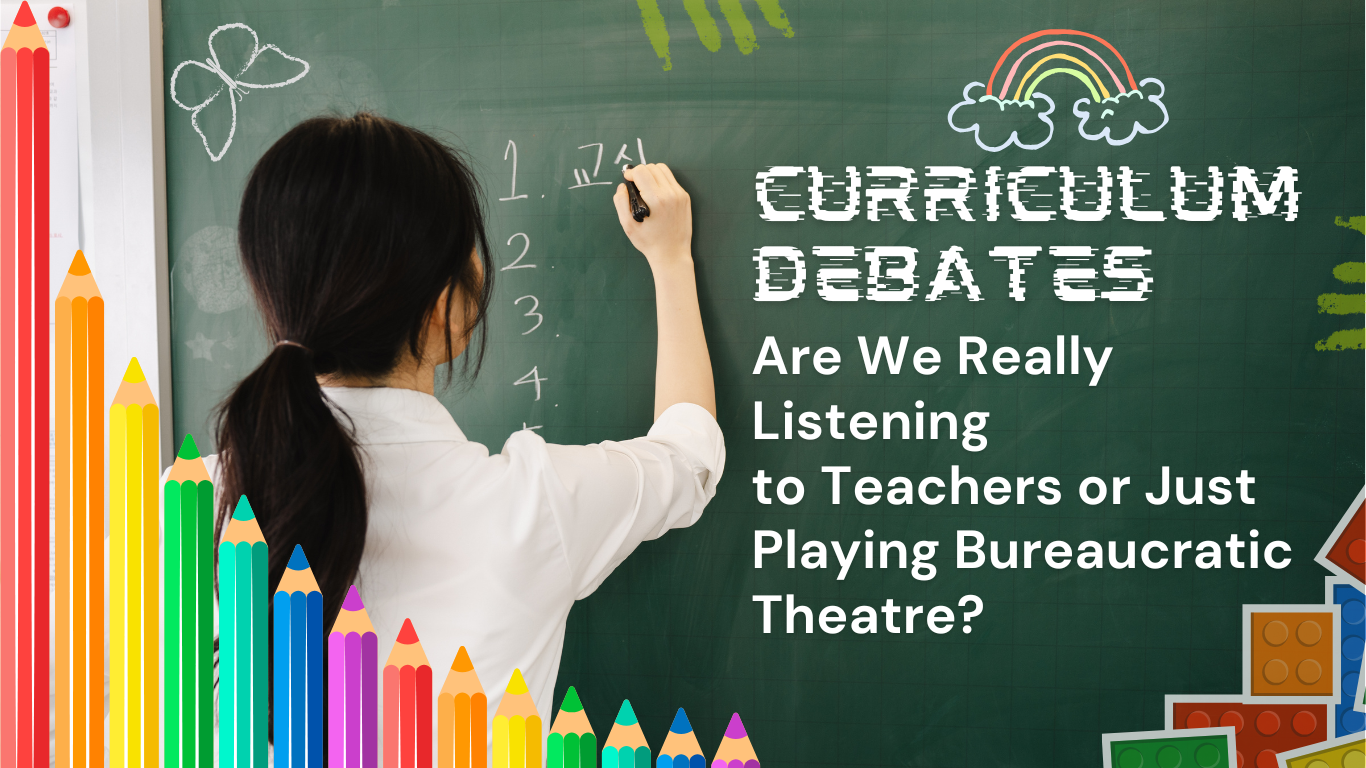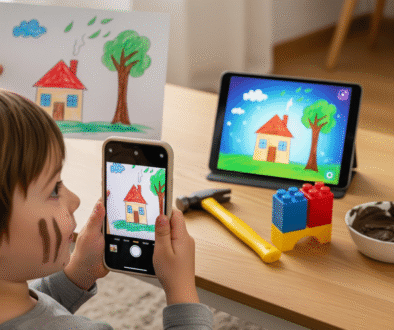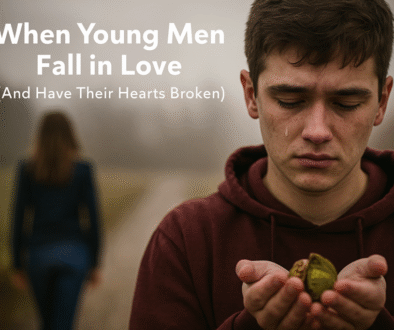
Curriculum Debates
Curriculum Debate Education: A Teacher’s Unfiltered Answer
From time to time, we’re asked to share our opinions on LinkedIn. One recent question was: “You are facing a debate over curriculum components. How can you navigate conflicting options effectively?” Oh, I have an answer. A simple, direct, and unapologetic one for this curriculum debate education.
Playing, Not Performing: The Childhood We Lost
First, let me take you back to my childhood. Back then, being a child meant playing—freely, without structured schedules or constant adult supervision. We played in the heat, the cold, even the rain. We got dirty. So what? We knew how to use tools—cutting bread with a knife was normal. We played all day until our moms shouted, “Get home now!” And there was no negotiating for “five more minutes.” We ate what was given, no fuss. Kindergarten wasn’t about worksheets or assessments; it was about friendships, solving our own disagreements, and learning through experience. No one told us to complain to the teacher—we were encouraged to talk things out ourselves. There was no pressure to write before we were ready. We ran, climbed, observed, and discovered. We recognized trees by their leaves, predicted rain by watching clouds. Teachers weren’t drowning in paperwork; they were present, engaged, and happy. Even during post-communist times, when tanks rolled through the streets, childhood inside those walls remained untouched. So why, today, is there so much fuss about children? The sad reality? Many children today don’t know how to play. They need constant guidance, expect to win, and are pressured to be everything except what they naturally are—children.
The Absurdity of the System
We deprive them of curiosity while overstimulating them and exhausting teachers with useless documentation that does nothing to help them grow. Is it any wonder teachers are leaving? People forget that teaching is more than a job—it’s an all-encompassing effort. The mental workload, the endless decisions, the emotional labour. And on top of that? Hours of documentation. We’re not just teachers; we’re administrators, nurses, counsellors, cleaners—everything. The sheer absurdity of it would be laughable if it weren’t so frustrating. And let’s talk about the curriculum. Who is it really for? Is it designed for children, with their development and curiosity in mind? Or is it just another beautifully formatted document, meant to pad someone’s workshop presentation—a bureaucratic masterpiece that adds weight to an already sinking system?
The Real Experts Aren’t in Offices
Teachers should be the ones shaping the curriculum. We are the ones who see the children every day. We know their struggles, their strengths, what excites them, what bores them. We know for example that a three-year-old’s hand, not just the wrist, isn’t developmentally ready for endless handwriting drills. Research in early childhood motor development confirms that fine motor control develops gradually, starting with larger movements before refining small muscle coordination. Studies, including X-ray evidence, show that the bones in a three-year-old’s hand are not yet fully developed to support controlled pencil movements. Forcing children to grip pencils too early can lead to frustration and improper technique rather than meaningful learning. We also know that forcing them to sit still for hours is more harmful than beneficial. That play isn’t just ‘fun’—it’s the foundation of learning. And yet, we still force toddlers to hold pencils and complete worksheets because ‘parents demand it,’ because ‘this is the system,’ because ‘this is how it has always been done.’ This is why I no longer wish to attend curriculum workshops. Not because the idea isn’t good, but because I’ve learned that nothing truly changes. Every year, we hear, “No, this time it’s different! We really want to listen.” Do you? Because experience tells me otherwise. The decisions are already made. The ‘consultation’ is just another box to tick. We claim to value early childhood education, child development, and the importance of play. Yet, in reality, we demand quiet, compliant toddlers, stripping them of the very experiences that build real learning. And for what? Does it matter if a child learns to read at three or six? Why do we pretend it does? What truly matters is that they develop at their own pace, through experiences that nurture their curiosity, not stifle it. It frustrates me—to see children told to sit still when every part of me knows they should be moving, discovering, interacting. And even if I create a rich, play-based environment today, next year a new teacher with a different approach will take over, and the cycle of confusion for the child starts again. The real absurdity? The people making curriculum decisions, along with their army of document creators, have often never spent real time in the classroom. Their knowledge is based on theories crafted by someone like them before—enshrined in the ‘holy grail’ of education nonsense. Are we serious? Go spend time with kids. Not for five minutes to prove you can, but day after day, month after month. Then preach. Because eloquent jargon and polished documents don’t make you an expert. Experience does. And here’s another paradox: those who claim to know what children need best have also ensured that teachers no longer know how to teach through play. Performance-driven education has replaced instinct. Teachers don’t trust play, children don’t know how to play—so how can we create a play-based environment when the very foundation has been eroded?
The Business of Education
Adding to the chaos, in many private schools in India, owners often have nothing to do with education—it’s simply a business venture for them. In such cases, the hands of principals and management are tied. They are caught between fulfilling the owner’s desires and trying to maintain some semblance of educational integrity. What can be said when a school boasts of its grand reputation but lacks an adequate outdoor or indoor space for early childhood education learning through play? How can we expect these small humans to thrive when their environment isn’t designed for their needs? I won’t even start on the hypocrisy of it all—those who know, know. What pains me is seeing the blatant contradictions, the total disregard for what childhood should be. Because ultimately, we are only hurting ourselves. Nothing built on lies and masquerades lasts forever. Sooner or later, this educational system will collapse. I can only hope that when it does, laws will be put in place that set real, corruption-free parameters on who can run educational institutions and how they should be run. I understand that money matters. No one wants business owners to suffer—there’s space for both good educators and good business leaders. But will the system change before it’s too late? Teachers know best what children need. Some of us still cling to the hope that we can make a difference.
Will the System Change Before It’s Too Late?
But as for me? I’m stepping back. If we must tick a box, let it be one that truly benefits the child—not the system, not the committee, not the rankings. Because at the end of the day, that’s all that should matter.


